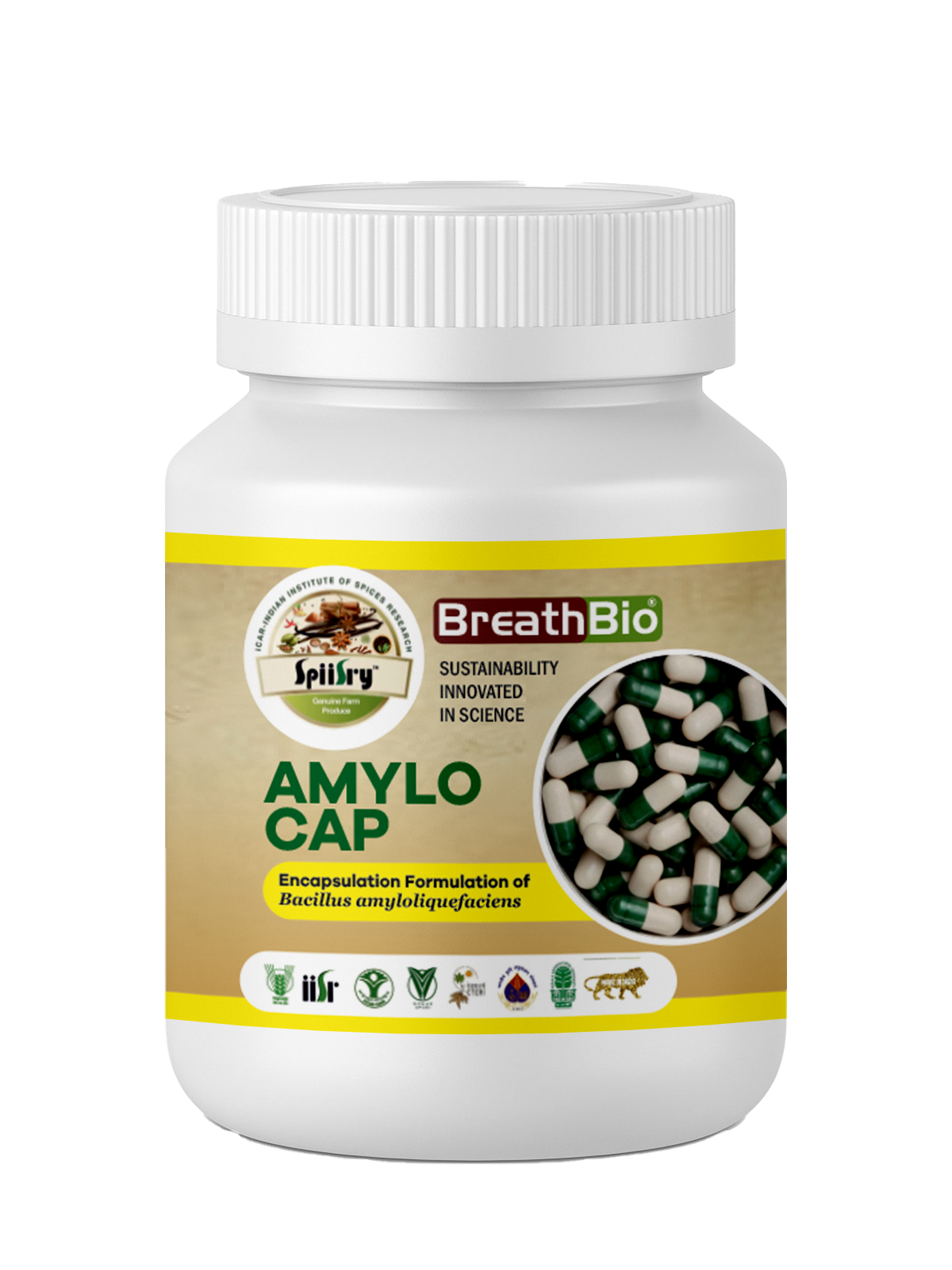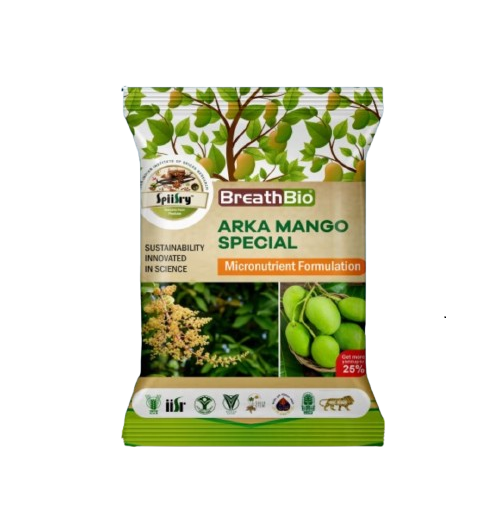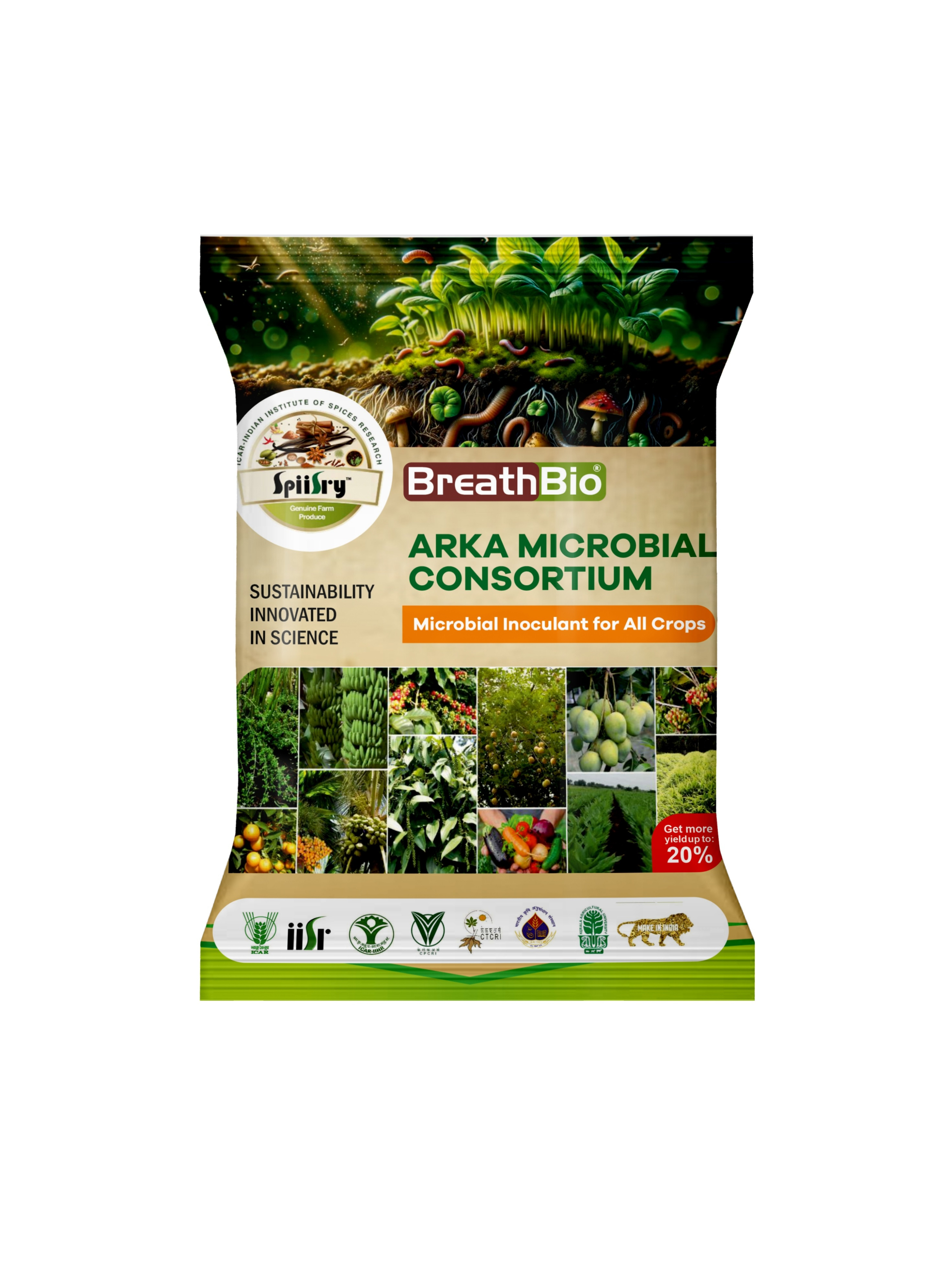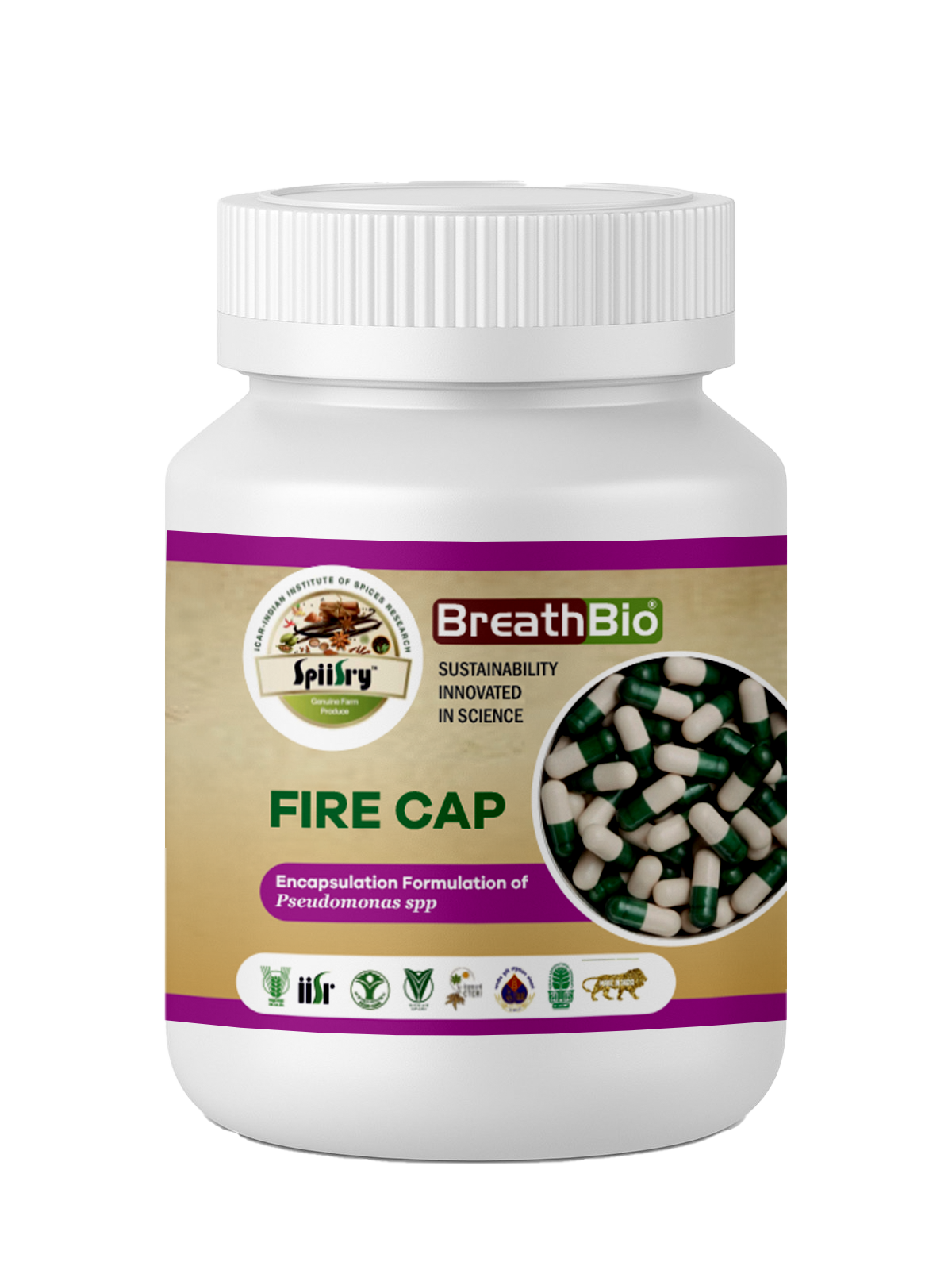Description
In agricultural soils, the lack of essential mineral nutrients such as nitrogen (N), phosphorus (P), and potassium (K) is a major factor limiting plant growth and yield. For instance, while plants primarily absorb nitrogen in inorganic forms, over 95% of the nitrogen present in topsoil exists in organic forms. As a result, only a trace amount of nitrogen is directly available to plants. To address the decline in soil nutrients and meet the rising food demand, chemical fertilizers have been widely applied over recent decades. In addition to nutrient limitations, biotic stresses such as fungal and bacterial pathogens also negatively impact plant growth and yield. The conventional method to manage these pathogens—spraying chemical pesticides—reduces economic losses and yield decline. However, this practice is neither environmentally friendly nor sustainable due to its contribution to soil, water, and air pollution, as well as the decline in biodiversity caused by excessive pesticide use. The application of microorganisms as biocontrol and biofertilizer agents has emerged as a recommended and recognized green alternative. This approach helps sustain crop productivity and safety while reducing reliance on chemical fertilizers and pesticides. Bacillus amyloliquefaciens (BA) is one of the most promising plant growth-promoting (PGP) bacteria without harmful side effects. As an effective biofertilizer and biocontrol agent in agriculture, it enhances soil nutrient availability—improving nitrogen supply, solubilizing phosphate and potassium, and producing siderophores. BA modifies the soil microbial community and increases the availability of minerals, thereby improving plant growth conditions. BA also secretes phytohormones and volatile organic compounds (VOCs) that promote plant cell growth and root development, enhancing nutrient uptake. Furthermore, BA increases plant resistance against biotic stresses from soil pathogens by competing for niches and nutrients, producing antimicrobial substances such as cyclic lipopeptides, polyketides, and VOCs, and inducing systemic resistance in plants. The bioagent is available in the form of bio capsules and can be applied as a seed treatment or through soil drenching.
Benefits of AMYLO CAP
- An effective biofertilizer and biocontrol agent in agriculture
-
Ecologically safe and sustainable
-
Easy to handle, transport, and store
-
Reduces labour requirements due to ease of application and lower bulk usage
-
Stable at room temperature
-
Can be applied through drip fertigation
Points to Remember While Using Bio Capsules a) Application methods differ for capsules containing beneficial bacteria and fungi. Identify the type before use.
b) Solutions prepared from fungal bio capsules should be used within 2 hours of preparation.
c) For bacterial bio capsules (e.g., Bacillus, Azotobacter), dissolve one capsule in one litre of sterile water (boiled and cooled). Incubate for 6–8 hours, stirring intermittently (2–3 times) to ensure uniform bacterial growth.
d) After incubation, dilute the stock solution in 200 litres of clean water for field application.
e) Ensure the soil has adequate organic content and moisture at the time of application.
f) Do not mix the solution with chemical fertilizers, pesticides, wood ash, or lime.
Read an article here:
Just what the doctor ordered: A bio-pill for crops – The HinduBusinessLine






Reviews
There are no reviews yet.